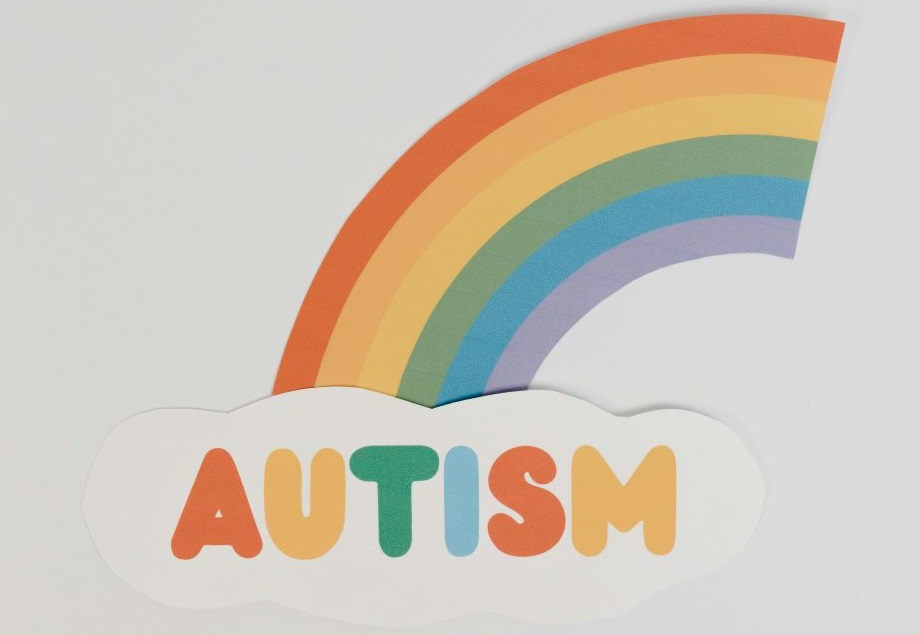Research reveals parents with high chemical intolerances are more likely to have children with ASD and ADHD.
A recent study by UT Health San Antonio has shed light on the potential link between chemical intolerance and the increased likelihood of having children with autism spectrum disorder (ASD) or attention deficit hyperactivity disorder (ADHD). The research, which involved nearly 8,000 American adults, utilized the Quick Environmental Exposure and Sensitivity Inventory to gauge individual chemical sensitivities.
The findings suggest a significant correlation: parents who rank in the top tenth percentile for chemical intolerance are more likely to have a child diagnosed with ASD—5.7 times more likely, to be exact. The probability of having a child with ADHD is also higher, by a factor of 2.1, compared to those in the lowest percentile. While these associations are robust, the researchers have emphasized that they do not establish causality but rather point to a possible connection that warrants further exploration.
The study advocates for environmental counseling for individuals identified with high chemical sensitivity. Recognizing and avoiding exposure to certain environmental triggers such as pesticides, fragrances, and tobacco smoke, it is possible that parents could reduce the risk of these neurodevelopmental disorders in their children.
Dr. Claudia S. Miller, the study’s lead researcher and a retired professor at UT Health’s Department of Family and Community Medicine, discussed the significance of correlations in public health studies. She emphasized the necessity of addressing these correlations, particularly when they concern severe conditions such as autism.

Chemical intolerance, a condition affecting about 20% of U.S. adults, was first identified by Dr. Miller in 1996. It begins with an “initiation event” which could be a significant exposure to a chemical agent or repeated lower-level exposures in environments like poorly ventilated buildings. Such events can sensitize the body’s mast cells, which play a crucial role in the body’s immune response by mediating inflammatory reactions. Once sensitized, these cells react more aggressively to a variety of substances, potentially leading to inflammation and other symptoms.
The researchers also propose that the ongoing activation of these sensitized mast cells could be a contributing factor to brain inflammation observed in autism. The timing and severity of exposure might influence where a child falls on the autism spectrum.
This groundbreaking research builds on earlier findings from 2015 by the same team at UT Health San Antonio, which initially linked maternal chemical intolerance to the risk of ASD and ADHD in offspring. The increasing prevalence of these conditions—marked by a 317% rise in autism diagnoses since 2000 according to the Centers for Disease Control and Prevention—highlights the urgency of understanding and mitigating potential environmental risk factors.
Furthermore, Dr. Miller noted the impact of climate change in exacerbating environmental factors, such as the spread of biological sources of toxins like mold, which could influence the rates of chemical intolerance.
Published in the Journal of Xenobiotics, the study highlights the critical need for preventive strategies and early intervention to address these neurodevelopmental disorders. Until now, most interventions have been behavioral or medical, initiated only after a diagnosis is made. Understanding and avoiding the initial sensitization to chemicals, parents can not only protect themselves but also significantly reduce the risk of developmental issues in their children.
For more detailed guidance and support, UT Health San Antonio provides resources and tools for patients, practitioners, and researchers on their website, aimed at developing a deeper understanding and better management of chemical sensitivities and their implications.
Sources:
UT Health study: If you react to certain chemicals, you could prevent autism, ADHD in your kids
Parental avoidance of toxic exposures could help prevent autism, ADHD in children, new study shows


Join the conversation!